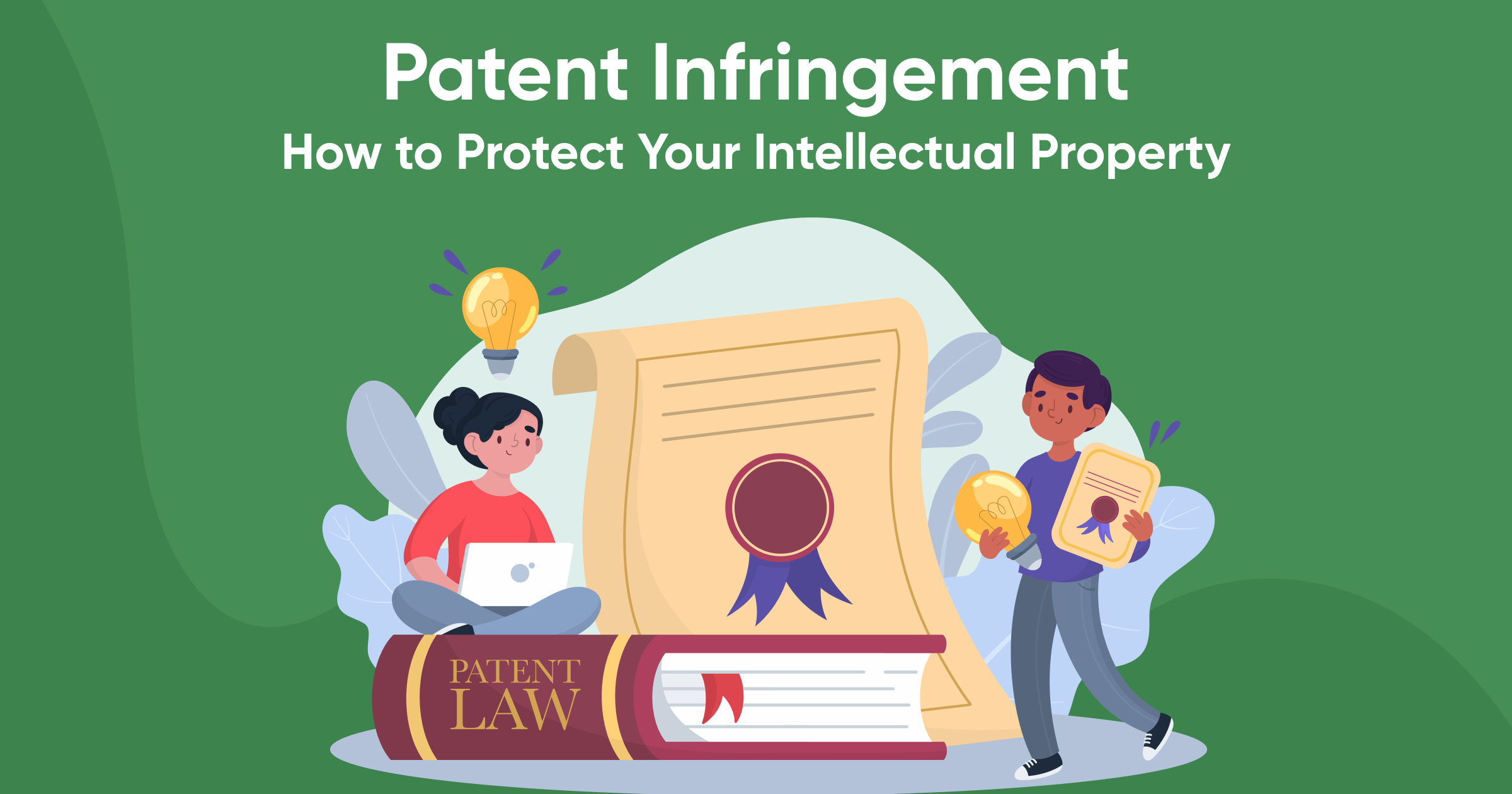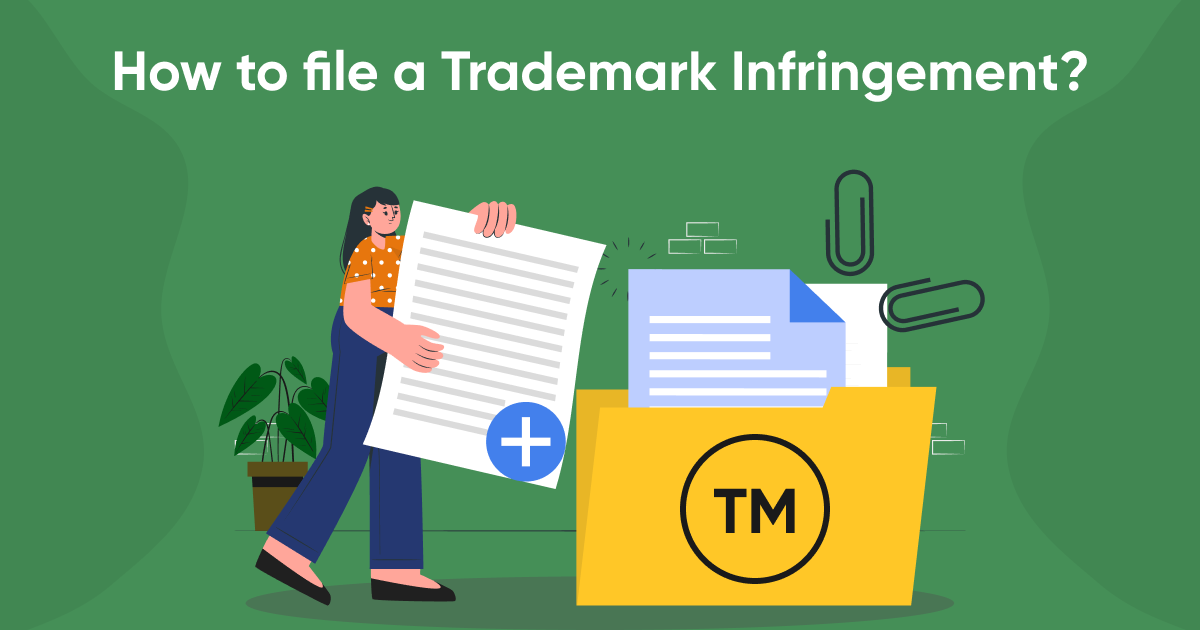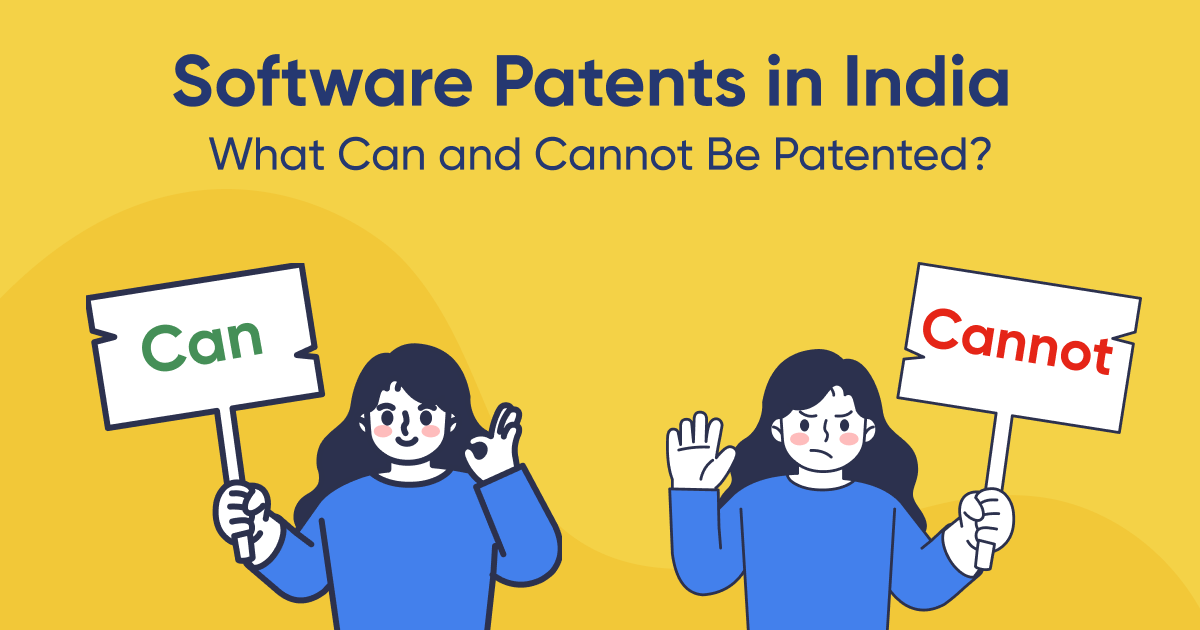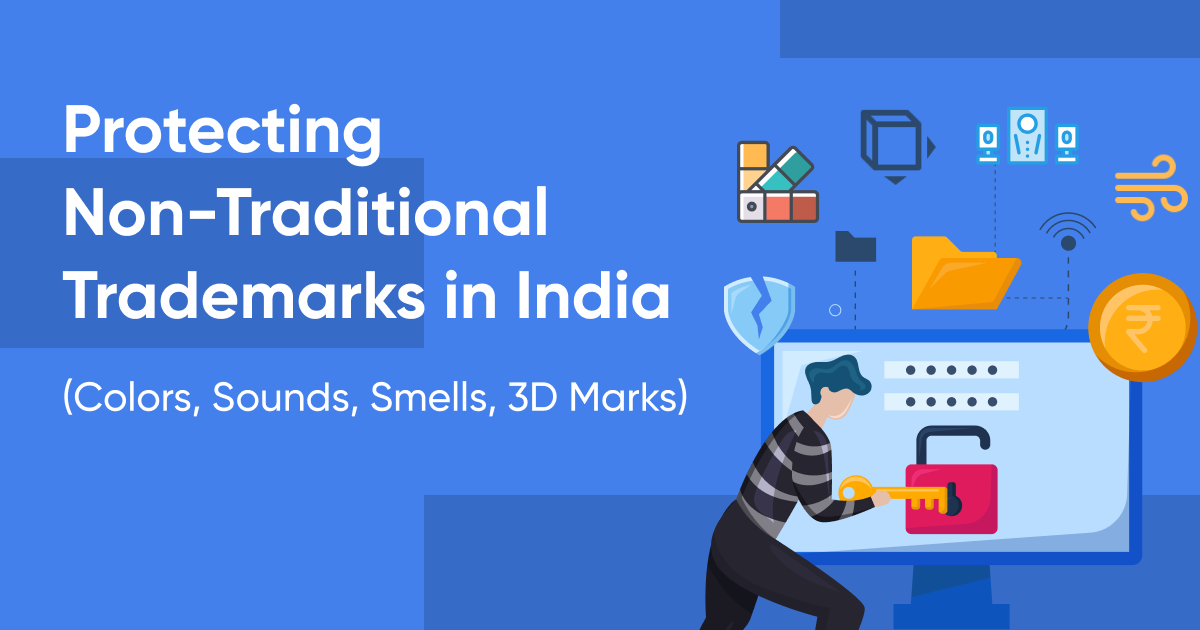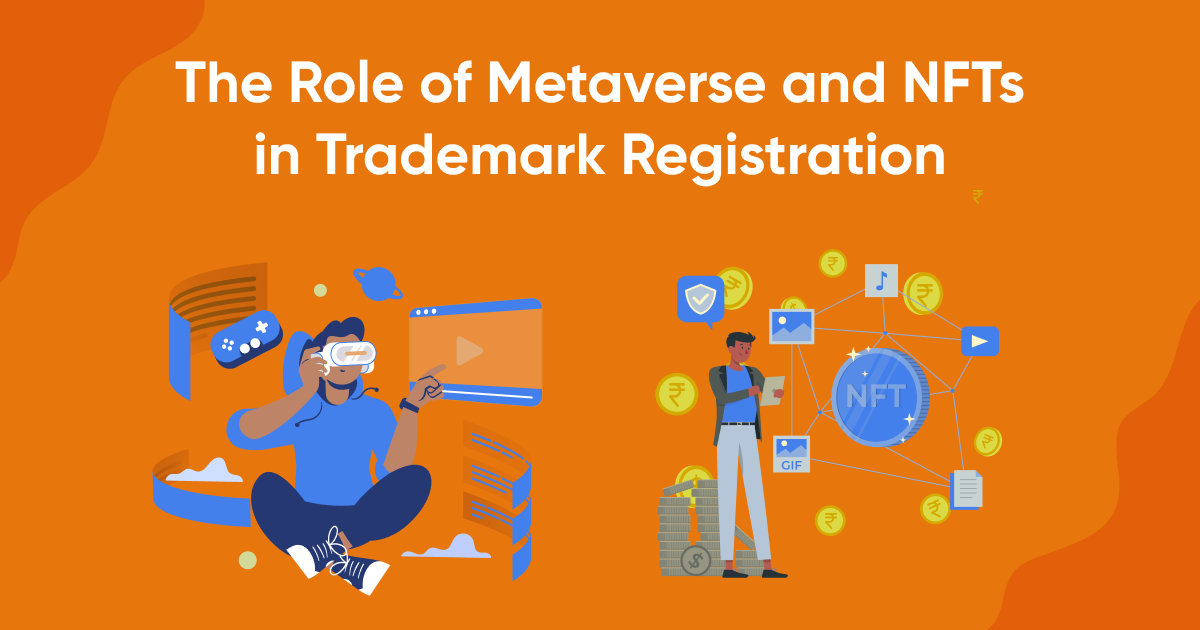Introduction
In the rapidly evolving world of technology and innovation, protecting your intellectual property (IP) has never been more crucial. Patent infringement can be a significant hurdle for inventors and businesses, leading to lost revenue, legal battles, and diluted brand reputation. This comprehensive guide will walk you through understanding patent infringement and the strategic steps you can take to safeguard your inventions, specifically tailored for the Indian audience.
Understanding Patent Infringement
Patent infringement occurs when an individual or company makes, uses, sells, or imports a patented invention without permission from the patent holder. In India, this is governed by the Patents Act, 1970, which provides the framework for patent protection and enforcement.
Identifying Infringement
The first step in protecting your IP is identifying potential infringement:
- Conduct regular patent audits: Regular reviews of both your and others' patents can help you identify potential infringements before they become a significant issue.
- Monitor the market: Keep an eye on new products and services launched in the market that may potentially infringe on your patents.
Legal Steps to Take Against Infringement
If you suspect that your patent has been infringed upon, there are several legal avenues you can pursue:
- Cease and Desist Letter: A formal letter to the infringer to stop the alleged infringement.
- Infringement Lawsuit: File a lawsuit in a competent court. In India, patent infringement cases are handled by the District Court or High Courts, depending on the jurisdiction.
Preventive Measures
Preventive strategies are essential in safeguarding your patents:
- Patent Strong Inventions: The stronger and clearer your patent application, the easier it is to enforce. Make sure your patents are robust with clear claims that are difficult to work around.
- IP Awareness and Training: Regular training for your team on IP matters can help prevent accidental infringements and empower them to identify potential infringements by others.
Licensing and Cross-Licensing Agreements
Sometimes, the best way to handle potential infringements is through licensing agreements, where you give permission to another entity to use your patent under defined conditions. This can be a significant revenue stream and also prevent conflicts.
Role of IP Management Firms
Companies like Trademarkia can assist in managing your IP portfolio. They offer services to track the use of your patents across various sectors and provide legal support in case of infringement.
Innovation and Adaptation
Continuously innovate and improve your products to stay ahead of the competition and reduce the risk of infringement. Adaptation not only refers to technological innovation but also to strategic IP management.
Global Patent Strategies
Consider filing patents internationally if your product serves a global market. Understanding global patent laws can be complex, and professional advice from firms like Trademarkia is often beneficial.
The Cost of Infringement
Discuss the financial and reputational cost of patent infringement to a business. Highlight why it's crucial to invest in good patent strategies.
Case Studies
Incorporate real-life case studies of Indian companies that successfully managed patent infringement disputes. This will provide readers with practical insights and encourage proactive IP management.
Conclusion
Patent infringement is a significant threat to innovators in India. By understanding the legal framework, taking preventive measures, and possibly collaborating with experienced IP firms, businesses can protect their valuable inventions.
Are you looking to secure your intellectual creations? Contact Trademarkia today to learn how we can help you safeguard your patents and navigate the complexities of patent law effectively.
